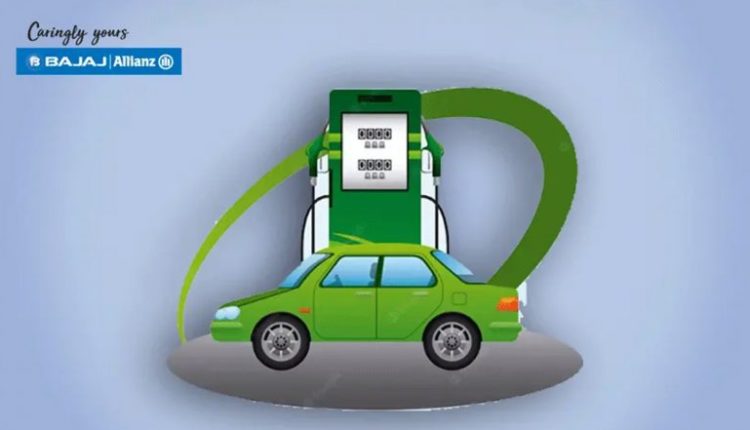Electric vehicles (EVs) are viewed as the primary basis of the future mobility system. In a bit to curb the mammoth increase in carbon footprint and reduce global warming, a number of automobile and alternative fuel technologies are being developed, but at present, EVs are the immediate and most practical answer to evade harmful emissions and deplete fossil fuels.
Despite all these pressing reasons, the electric vehicle market is still in the nascent stage in India, although EV popularity is rising steadily. Thanks to the government push and the advent of some splendid new electric cars in the market, this demand is multiplying fast. However, a lot of potential buyers and new EV owners are confused about the fact whether they need a PUC certificate or not for EVs. Here, we are clarifying all your doubts regarding EVs and PUC certification.
PUC Law & PUC Certification
In India, it is mandatory for all vehicle owners to have a Pollution Under Control (PUC) certificate that is provided after the PUC test. The PUC certification of a vehicle is mandatory as per Central Motor Vehicles Rules, 1989. All motor vehicles, including those conforming to the latest BS-IV emission norms and even those running on CNG and LPG gases, are required to mandatorily carry a valid PUC certificate.
The PUC certification confirms that the vehicle’s emissions are well within the level permitted by the government or are as per the standard pollution norms. A PUC certificate is provided for a new car upon registration, which is valid for one year, post which it has to be renewed every year. Even with a valid PUC certification, if your vehicle is found to cause visible pollution, meaning emitting a lot of visible smoke, you need to go for another PUC test and do the needful if it fails the test.
Electric Vehicles – How Do They Operate?
It is a known fact that electric vehicles do not run on any fossil fuel like petrol or diesel or any other gasses that are considered more eco-friendly. EVs are fuelled by electrical energy that is stored in their battery packs, which power the electric motors that run them. The battery packs need to be charged in order to keep powering the vehicles. Hence, refuelling your EV simply means charging its battery. *
Due to this fact, electric vehicles do not have an exhaust system, unlike internal combustion engine (ICE) powered vehicles, which need to emit harmful gasses into the environment. *
Simply put, fuel-guzzling vehicles create harmful gasses upon burning the fuel to create energy to run the vehicle; these harmful gasses or emissions are released into the air through the exhaust pipe or silencer of the vehicle. As electric vehicles do not run on so-called fuels, they don’t create any harmful gasses or smoke whatsoever to be released into the air. Hence, EVs don’t have an exhaust pipe or silencer. However, just like any other vehicle on the road, electric vehicles also require insurance. Electric vehicle insurance is a type of insurance policy that provides coverage for damages caused by or to an electric vehicle. It is specifically designed to cater to the unique needs of EVs. Electric vehicle insurance provides coverage for accidents, theft, and third-party liability, among other things. *
Electric Vehicles – Do They Need PUC Certificate?
After the above explanation, the answer should be clear to all by now. But still, to clarify again, it is important to mention that PUC testing or pollution testing is done through the exhaust pipe of a vehicle. So, how to conduct a PUC test if the vehicle doesn’t have an exhaust system at all?
Right! Electric vehicles don’t need any PUC certificate simply because PUC tests can’t be conducted on them, and more importantly, they do not cause any emissions to test for. Electric cars cause ‘zero emissions’ and are exempted from the PUC law that applies to all other fuel-powered vehicles. Electric car insurance is a specialized insurance policy that covers damages caused by or to an electric car. It is specifically designed to cater to the unique needs of electric cars, which may include coverage for the battery pack and charging stations. *
Conclusion
So, electric vehicles have got another feather attached to its cap. To sum it all up, EVs are environment-friendly, zero-emission vehicles, have much lower running costs, save you the worry of rising fuel costs, and also don’t need a PUC certificate. Hence, EVs offer you freedom from worrying about taking your vehicle for regular pollution testing as well.
* Standard T&C Apply
Insurance is the subject matter of solicitation. For more details on benefits, exclusions, limitations, terms and conditions, please read sales brochure/policy wording carefully before concluding a sale.


